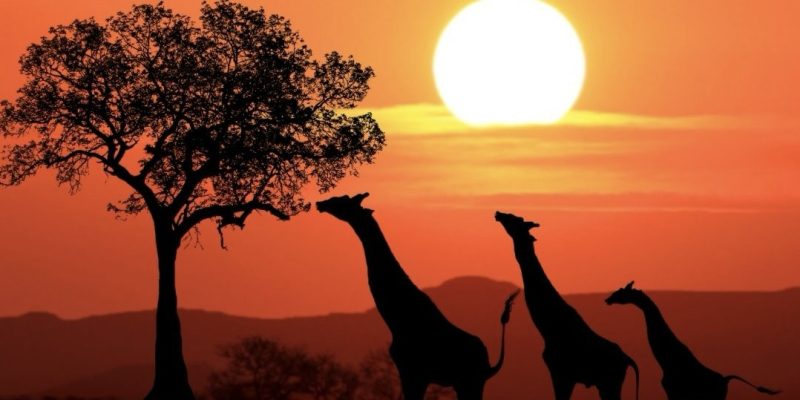I recently travelled to Tanzania to speak at the Conference of Bankers of East Africa — where senior leaders from Tanzania, Kenya, Uganda and Burundi gathered to discuss emerging opportunities in ESG and sustainability.
I was there to train and share insights on global frameworks — carbon footprints, disclosure standards, the architecture that connects ESG to governance and strategy. But as the conversations unfolded, my own perspective began to shift.
Because the real story of sustainability in this region isn’t about reporting or frameworks. It’s about reality.
These countries contribute less than 4% of global emissions, yet their communities are among those most exposed to the droughts, floods and instability that climate change has intensified. Sitting with bankers and regulators from these nations, I realised that their challenge is not a lack of commitment — it’s the unfair weight of a crisis they didn’t create.
And yet, rather than focusing on blame, many spoke about finding ways to play their part — how to support adaptation, improve financial inclusion, fund green projects, and build resilience for their customers and communities. There was humility in those conversations that stayed with me.
After the conference, I travelled across Tanzania — and the contrast between the boardroom conversations and the vastness of the land was striking.
In the Serengeti, surrounded by endless plains alive with millions of animals — lions, zebras, giraffes, wildebeests, gazelles — I felt what coexistence truly means. Here, humans are not masters but stewards.
Watching a lion and lioness walk calmly past herds of gazelles and zebras because they weren’t hungry reminded me of something simple but profound: even the most powerful creatures take only what they need. They hunt for survival, not greed or dominance.
It made me wonder — at what point did we, as humans, lose that instinct for balance?
In Zanzibar, the beauty of Stone Town sits uneasily beside the painful history of the slave trade.
I walked through the old slave chambers — dim, airless rooms where people were once held, and where their strength and pain were mercilessly tested to determine their price.
It’s a place where beauty and brutality meet; where the sea glitters outside while those walls hold a record of suffering that shaped centuries. Standing there, it was impossible not to think about how easily greed can disguise itself as progress — and how the pursuit of profit has always risked blinding us to the cost of our choices.
The history lingers in the air — quiet, heavy, unflinching. It reminds you that sustainability is never just about carbon or climate; it is also about justice, dignity, and the memory of what happens when we forget both.
I went to East Africa as a “global expert,” there to teach. I came back reminded that the frameworks and metrics we rely on are only the language — not the meaning. Because sustainability is not measured by what we report; it’s defined by how we respect.
Perhaps the real work of governance is not only to manage risk, but to restore respect :between business and community; between ambition and humanity; between progress and conscience.





